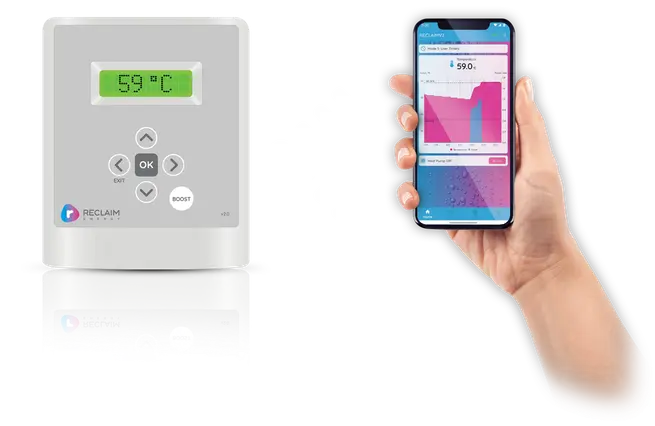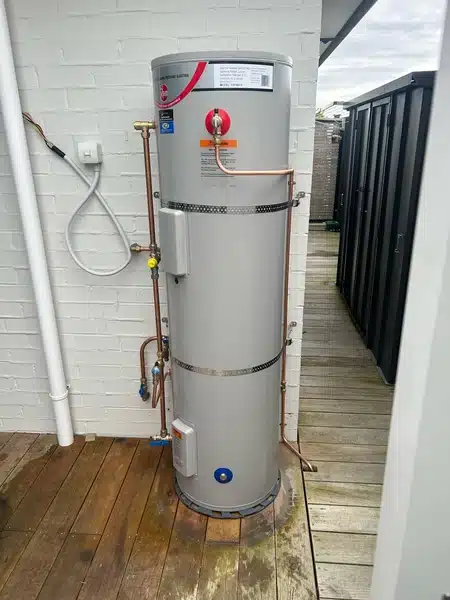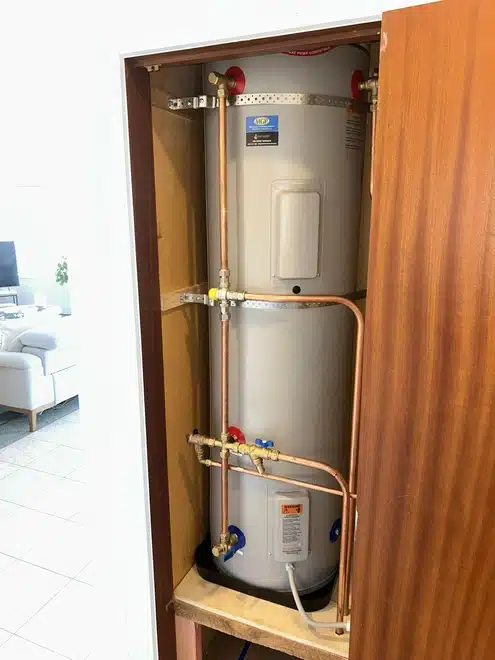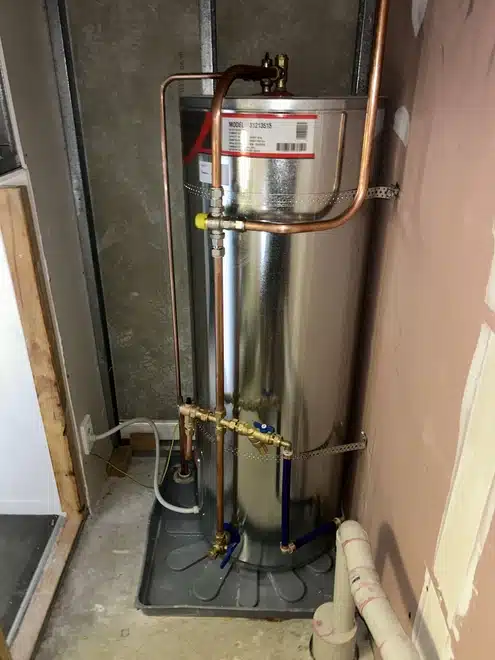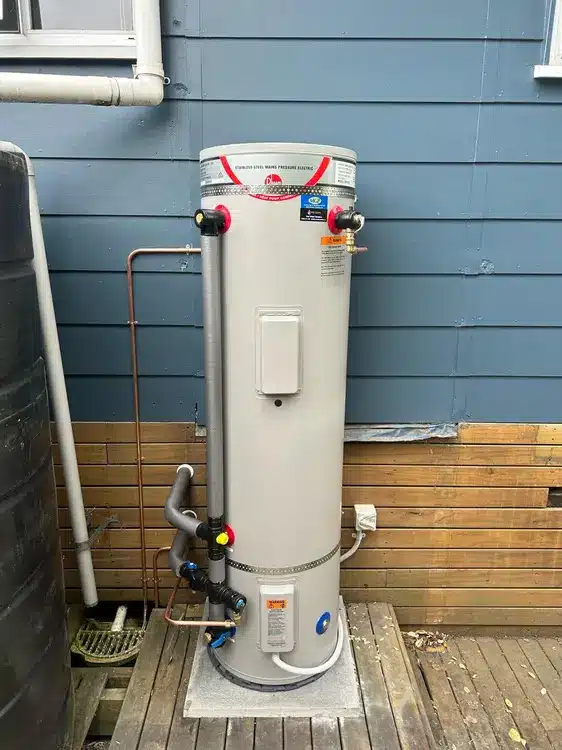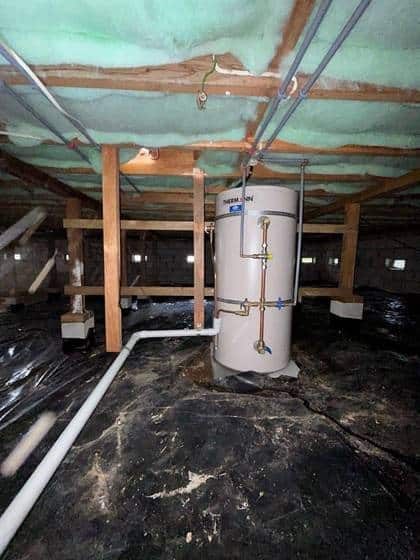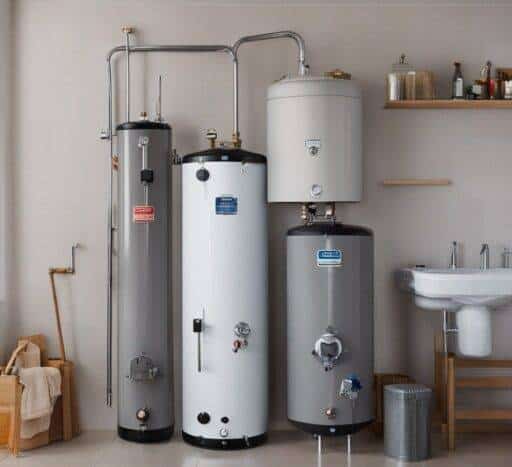The Refrigerator
The refrigerator is typically the number one energy user in households. This appliance needs to run 24/7 to maintain cool temperatures for food storage. The older the fridge, the more energy it requires to operate. On average, refrigerators account for 15 percent of overall home energy use.
Some ways to cut down fridge energy consumption include:
Replace old models with energy-efficient refrigerators
Ensure door seals are tight and clean condenser coils for maximum efficiency
Set the temperature between 3°C to 5°C; colder settings significantly increase energy use
Give it space to ventilate and don’t overstuff to allow air to circulate
Washing Machine
As the second highest energy consuming appliance, washing machines can take up nearly 5 percent of total household energy. Heating water alone uses up 90 percent of its required power.
Tips for lowering washing machine energy usage:
Wash with cold water settings whenever possible
Only run full loads instead of multiple small ones
Invest in energy-efficient front or top loading models
Scrape off food and pretreat stains to wash in shorter cycles
Water Heating
Water heating accounts for up to 25 percent of energy consumed in the average New Zealand home. Heating water for activities like showers, baths, laundry and dishwashing contributes to high electricity bills.
Some effective ways to reduce water heating energy consumption are:
Install heat pump or solar water heating systems
Take shorter showers
Fix any hot water pipe leaks
Add aerators to faucets and showerheads
Insulate hot water cylinders and pipes
Oven and Cooktop
Appliances used to cook food require significant electricity and gas to operate. Your oven and cooktop can account for roughly 5 to 10 percent of total household energy depending on usage frequency.
Tips for lowering cooking related energy usage:
Use lids on pots and pans to retain heat
Switch off elements or burners as soon as water boils or food finishes cooking
Convection or induction cooktops are more energy-efficient
Only preheat ovens when necessary for recipes
Use smaller appliances like slow cookers, air fryers or microwaves more frequently
Lights
Although each individual light bulb doesn’t use much energy, the hours spent illuminating rooms in your home can quickly add up. On average, lighting takes up around 15 percent of household power usage.
Some easy ways to reduce lighting-related electricity consumption include:
Replace traditional bulbs with LED lighting
Utilise natural light whenever possible and turn off lights when leaving a room
Use sensors, dimmers and timers to automatically control lights
Diversify lighting for various needs instead of brightly lighting everything
Entertainment Systems
Home entertainment systems like large TVs, game consoles, stereo equipment and computers are not always the most efficient appliances when left continuously plugged in and powered on. Standby energy loss accounts for 5-10 percent of average home electricity usage in New Zealand.
Reduce standby power usage with these tips:
Unplug devices when not in use for long periods
Connect equipment to power strips and turn them off to prevent phantom load loss
Enable sleep settings, power saving modes or automatic shut off features
Replace aging electronics like desktop computers with efficient laptops or tablets
Clothes Dryers
Clothes dryers can consume a significant amount of energy in homes. On average, clothes dryers account for 5-10% of a home’s energy use. The dryer’s heating element and constantly spinning drum require large amounts of electricity to operate. Plus, drying multiple small loads back-to-back strains energy efficiency.
Some ways to reduce clothes dryer energy consumption include:
Ventilate and clean the lint trap before each load
Only dry full loads and use moisture-sensing settings
Minimise drying time by spinning clothes at the highest washer speed
Air dry clothing on drying racks when possible
When purchasing, look for energy star certified dryers
Taking a few extra steps enhances dryer efficiency. Simple maintenance, avoiding over-drying, and air drying a few items can help lower electricity costs over time.
Electric Space Heaters
Electric space heaters provide concentrated warmth during colder months. However, frequent or inadequate use contributes significantly to home energy bills. Just having a 1,500-watt portable unit running half the day can use over 500 kWh monthly.
Tips for reducing electric heater energy usage:
Set thermostat lower and use heater less by insulating spaces
Size appropriately for room dimensions to avoid overworking
Place near frequently occupied areas instead of heating empty spaces
Turn off immediately when leaving a room
Use safety features like tip switches and auto shutoff
As a supplemental heating source, space heaters need strict usage and safety monitoring to prevent energy waste and hazards. Targeted operation paired with proper insulation helps minimise costs.
Final Words
Now you know what consumes the most energy in your home. But small behaviour and efficiency upgrades can bring about major electricity savings. Consult energy audits and work with providers like Hot Water Solutions to identify the best ways to reduce power consumption and optimise efficiencies in your household. Monitoring usage habits and investing in energy-conscious appliances will go a long way towards lowering energy bills.
Use our contact us page to reach us and we will be more than happy to discuss your hot water situation. Or give us a call on 0800 497658.
At Hot Water Solutions all we do is hot water!

